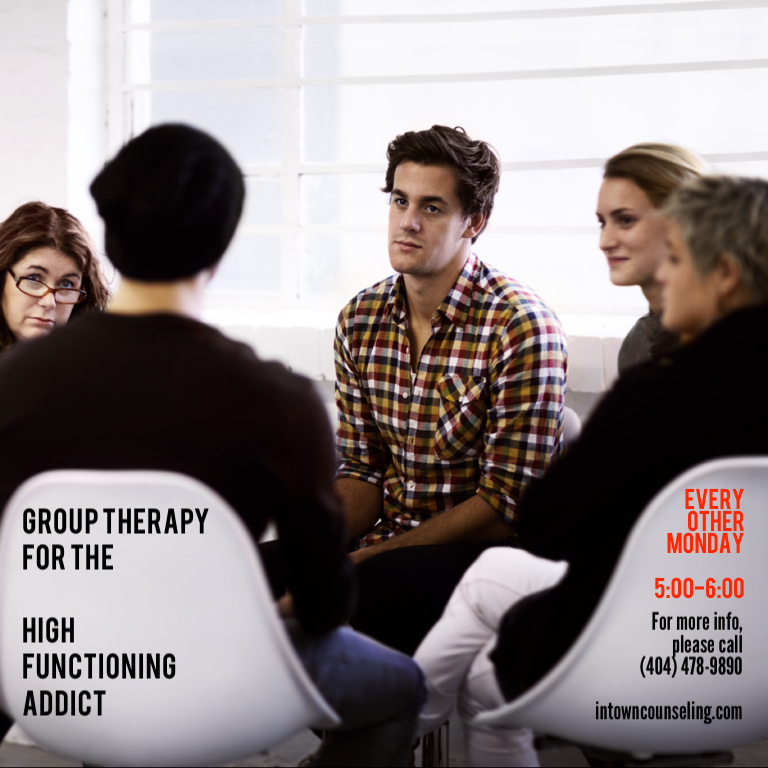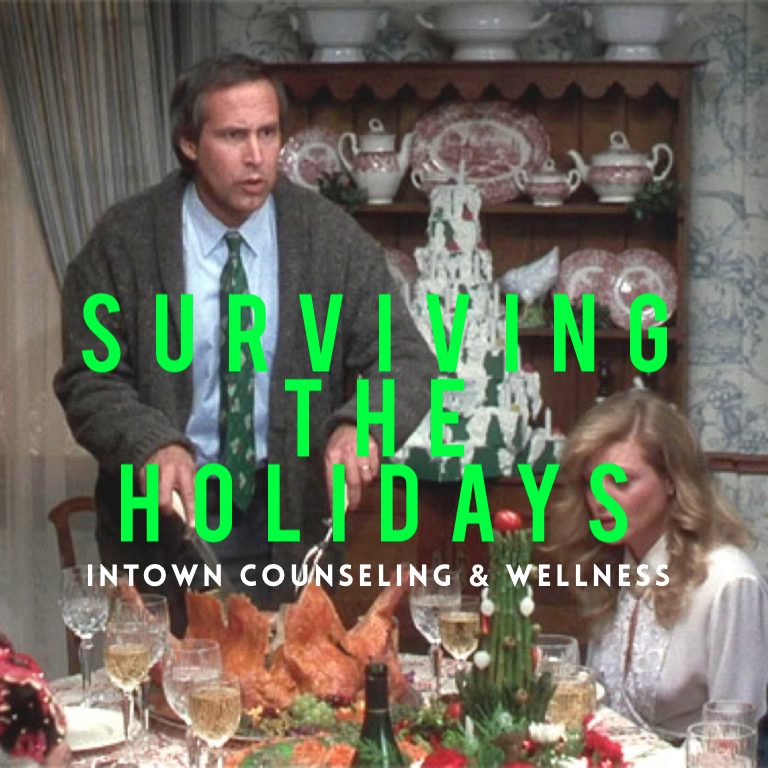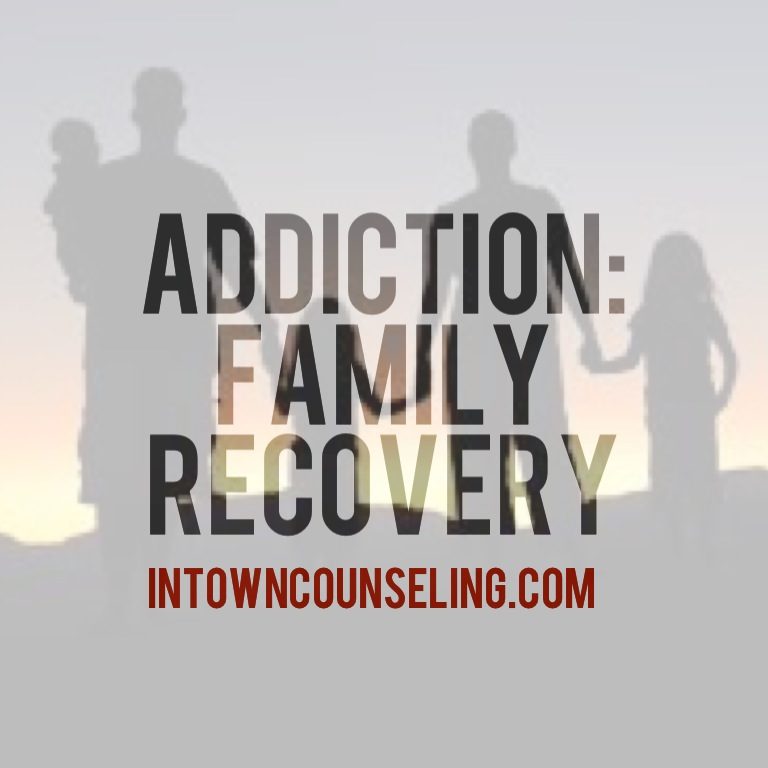How do you really know if you have a problem with addiction?
You would think that this would be an easy question to answer, but for most of us it’s quite confusing. In America, we tend to believe that 1 drink per day for women and 2 drinks per day for men is acceptable, but what if you’re a woman who has 2 glasses of wine every day – does that make you an addict? And not only do we have to worry about the amount of alcohol or drugs that we consume, people can also develop addictions to behaviors, like gambling, exercise, sex, work and spending. So when does too much of a good thing tip the scale and become an addiction?
Here are 10 important questions that you need to ask yourself:
- Do you feel unable to control the behavior you are engaging in?
- Are you unable to consistently abstain?
- Is the behavior counter-productive to you, meaning, instead of it helping you adapt to situations or overcome problems, it tends to undermine your abilities?
- Is the behavior persistent despite it causing you significant problems medically, at home, at school or at work and/or difficulty in interpersonal relationships?
- Do you have an increasing “hunger” for alcohol, drugs or rewarding experiences?
- Do you hide your behavior from your friends or loved ones?
- Since engaging in the behavior, have you experienced an increase in anxiety, depression, agitation, and mood fluctuations, or have you noticed an increased sensitivity to stressors or difficulty in identifying your feelings?
- Do you need larger and more regular amounts of whatever you are engaging in to receive the same effect?
- Do you spend an excessive amount of time engaging in the behavior or recovering from its effects?
- Do you feel preoccupied with the behavior or substance use?
If you answered ‘yes’ to ANY of these questions or if you feel that your behavior is leaning in that direction, you may want to consider talking to a professional to determine the best course of action for you. The sooner you can get the appropriate help you need the better.
By: Melissa G. Macdonald, LCSW






